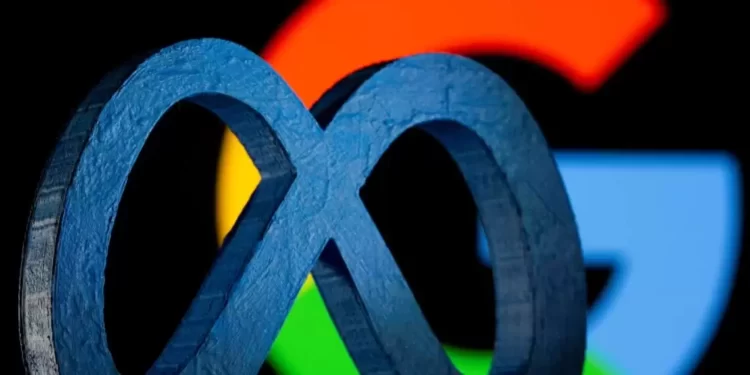The European Union (EU) is tightening the noose around Big Tech to ensure increased transparency around political advertising, it has emerged. Leading social media platforms will be required to provide detailed information regarding their political advertising practices across the region.
The EU will require Big Tech platforms to disclose key advertising-related information, including who sponsors the ads and which elections are targeted in the process. The firms will also be required to clearly label political advertising on their digital platforms.
The development arrives as concerns mount regarding the potential spread of disinformation during the upcoming elections by the European Parliament. The elections, which are set to take place in June of 2024, stand the risk of infiltration by foreign entities, according to EU officials.
The new rules were endorsed on Monday by the EU countries and the European Parliament lawmakers. They are aimed at enhancing transparency and accountability around political advertising by major tech companies, primarily Google and Meta. In case of violations, tech firms could be slapped with fines amounting to up to six per cent of an ad publisher’s turnover.
“The new rules will make it harder for foreign actors to spread disinformation and interfere in our free and democratic processes,” said lawmaker MEP Sandro Gozi, who leads the legislation process in the European Parliament.
Moreover, the regulations will prohibit entities based in third countries from financing political adverts in the EU during the three months leading up to the election. Targeted advertising on the basis of an individual’s religion, ethnicity or other factors will be banned as well. A repository will be set up to keep a record of all the online political ads.
Meta, the owner of leading social media platforms Facebook and Instagram, announced this week that the company will bar advertisers from using its generative AI technology. The move came after lawmakers raised concerns about the feature’s potential to accelerate electoral misinformation.
As for other platforms, a series of measures have been taken with regards to political advertising during electoral events. TikTok completely prohibits political advertising, while Snapchat blocks political adverts in its AI chatbot. However, X, formerly known as Twitter, recently announced reinstating political advertisements. They were banned by the platform in 2019 in the wake of criticism over electoral misinformation on online platforms.





